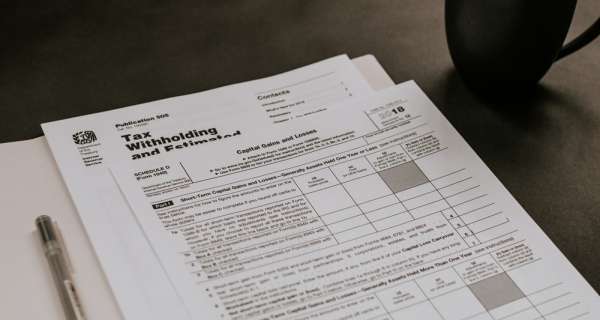
The taxpayers are warned on manipulating any information related to the filing of their tax return deductions. This can let loose the ever-inquisitive nature of the IRS and you can invite trouble upon yourself, which is best avoided at any cost. There are many factors that may flag your return for an audit and you should always consult with your tax professional to ensure that your return is in compliance with all applicable laws. In this article, I am going to point out twelve indicators/warning signals which in case exceed what is believed to be normal, can trigger an inquiry from the IRS. The twelve ‘Red Flags” as they are addressed, are listed below.
Availing of deductions sufficing the dictates of being reasonable can actually help you avoid unnecessary hassles, which would emanate out of a situation like facing the IRS audit. A part of the mentioned “hot spots” are clear manifestations of a planned deceit; the rest can be majorly attributed to ignorance on the taxpayer’s part on filing deductions. An experienced tax expert can help you remain on desired procedures along with putting up an effective representation for you in case required.
Handling the IRS audit on your own is not advisable: you wouldn’t have the expertise and skill required in handling the excruciatingly long & intimidating interrogation by the examiner. Rather the nervousness ensuing from the process holds the potential of you spilling off the restricted information to the auditor. This would worsen the matter further for you.
The bill raised by the examiner would be proportional to the information you give, as he digs for more.
Taxpayer has the legal right to representation. You can contact a seasoned tax expert to represent you at the IRS audits and aid you in resolving your tax issues forever.